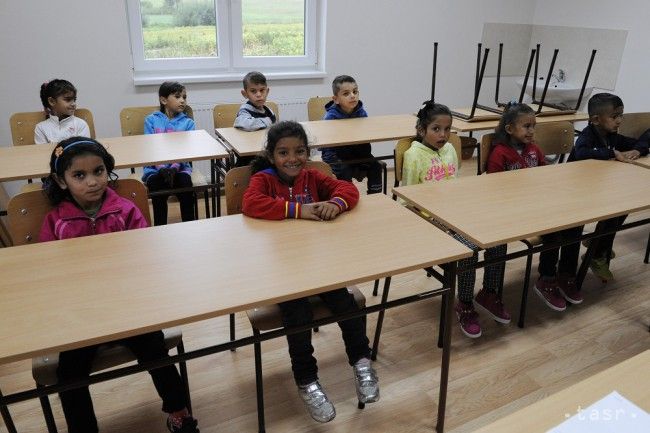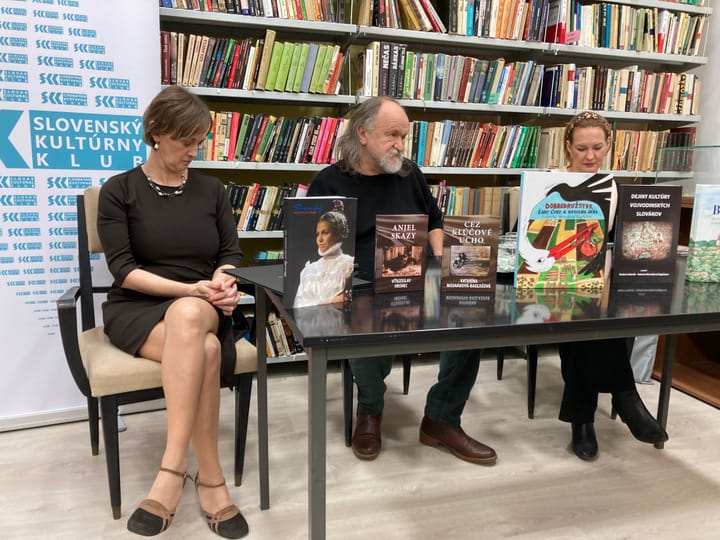KDH: Government Helpless in Roma Education; Taking Useless Action

Bratislava, March 9 (TASR) – The Government is helpless in educating the Roma, and over the ten years of its governance it’s taken one useless measure after another, stated Miroslava Szitova, a member of the non-parliamentary Christian Democratic Movement (KDH) leadership at a press conference on Thursday.
[The Smer-SD party has been involved in three separate governments since 2006, but Szitova merges them as if a single government had held power the whole time. – ed. note]
Szitova added that so-called integration and inclusion of the Roma community stemming from Slovak reforms don’t work.
“The school policy that has been carried out by the Smer-SD Government with the help of EU funding for ten years is damaging the young generation and the future of the nation. In Slovakia, we’re not helping those who are lagging behind; we’re decreasing the level of education for all,” said Szitova, noting that Slovak pupils achieved worse results in the 2015 international PISA tests than their peers from other OECD countries.
The KDH member further stated that if the state wants to help those who are lagging behind, it has to address this group in a responsible way, for a long period of time, but always with the active involvement of the group. “The solution is [to implement] compulsory education from six to 18 years of age and not from five to 17, as proposed by the [Education] ministry,” said Szitova, adding that pre-school education has to be made available for all and that parents – Roma parents included – should be held responsible for whether their children are ready to start primary school or not.
KDH also stressed the need to work on the education level of the nation by searching for and supporting talented individuals in order to work on the future elite generation. The Christian Democrats propose that the current ten-year compulsory education from six to 16 years of age should be changed into compulsory education from six to 18 years of age.
“Many children from Roma settlements are being added to labour office registers at the age of 16 because the law allowed them to do so. When we extend [compulsory education] until 18 years of age, they will be able to remain at primary schools only until 16, as is the case now, but they will complete vocational training as adults – at the age of 18,” said Szitova, noting that this could help them to earn their living in the future.
KDH also urges the state to create conditions enabling children to be well-prepared to start primary school by creating sufficient capacity in nurseries and community centres.
The Christian Democrats are calling on Education, Science, Research and Sport Minister Peter Plavcan (a Slovak National Party/SNS nominee) as well as on Prime Minister Robert Fico (Smer-SD) to re-evaluate education policy, which is “heading towards regression under their governance”. “Integration and inclusion should be carried out by taking into account the needs of the children that we want to help, but at the same time with regards to children who have no difficulties at school so that full-value education for all won’t be endangered,” said Szitova.



